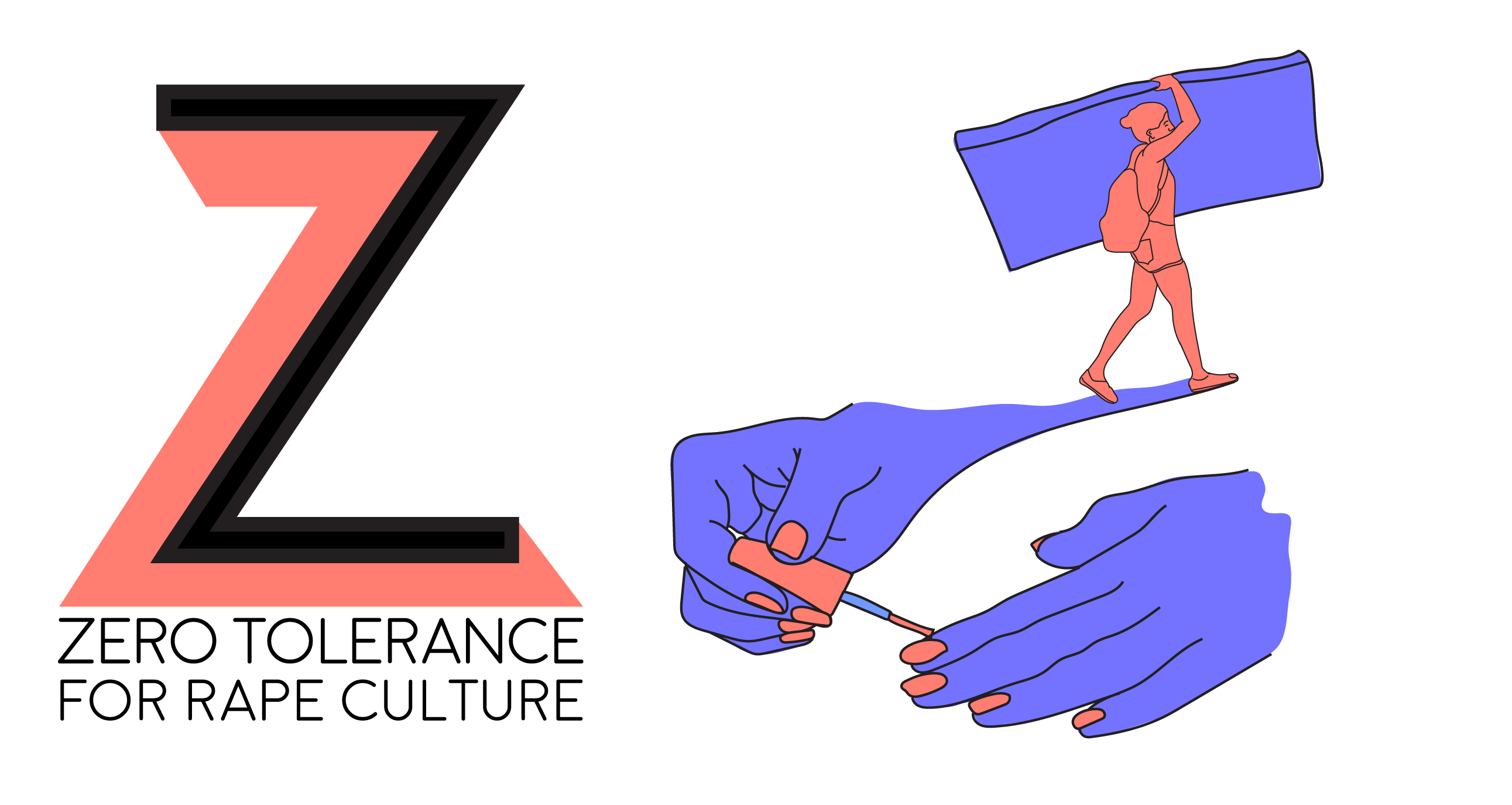D is for Diets
In 1992, 35 percent of women said they were currently on a diet. By 2012, this number dropped to 23 percent. Does this mean that America is less obsessed about their own weight? Think about walking into a bookstore and seeing the massive health and diet section. Think about walking into a grocery store and finding an entire section of weight loss food and shakes.
So no, that percentage drop does not mean that America is not obsessed with dieting. In fact, while dieting statistics have gone down, there has been a 16 percent rise in hospitalization for eating disorders in the UK alone.
Anyone who has been on Tumblr or Pintrest will come across posts talking about “thigh gaps”, “thinspo” and “fitspo”. Common among individuals with eating disorders and those that hide their food disorders under the “fitspo” idea, “thigh gaps” are where the fat on the inner parts of the thighs do not touch.
Psychologist Barbara Greenberg states that “most women are not built that way to have that space between their thighs…it’s a matter of bone structure” and that many women do not possess it. Women are straining towards a goal that cannot be achieved without starvation for some.
One popular television show,“The Biggest Loser”, has developed a more public display of weight loss. Kai Hibbard, a season three finalist, spoke to Golda Porestsky of “Body Love Wellness” blog. The glimpse inside the show not seen on television included:
“Seeing her fellow contestants forced to work out with injuries against doctor’s orders, to the extreme dehydration prior to weigh-ins, to the resultant eating disorder that Kai still is working to heal.”
They told contestants that complained about injuries or being treated poorly that they were lucky to be on the show and that their lives were going to be saved.
Kai tells the public that footage was easily edited to show that the fat contestants were lazy and unmotivated about their health.
In a 2009 New York Times piece about the show, Edward Wyatt states:
“Medical professionals generally advise against losing more than about two pounds a week. Rapid weight loss can cause many medical problems, including a weakening of the heart muscle, irregular heartbeat and dangerous reductions in potassium and electrolytes.”
Unfortunately, Dr. Rob Huizenga, an Associate Professor of Clinical Medicine at UCLA and medical consultant to “The Biggest Loser” believes that the show and program was safe. A former contestant anonymously leaked the waiver that is signed by every contestant, which stated:
“no warranty, representation or guarantee has been made as to the qualifications or credentials of the medical professionals who examine me or perform any procedures on me in connection with my participation in the series, or their ability to diagnose medical conditions that may affect my fitness to participate in the series.”
In 1998, the National Institute of Health (NIH) released a report, which was mostly paid for by the International Obesity Task Force, which is turn funded by the weight loss industry, that moved the Body Mass Index (BMI) numbers for overweight and obese individuals. Before the report, having a BMI of 27 or greater classified you as being overweight, and any number over 32 made you obese. Suddenly, these numbers dropped. A BMI of 25 to 29.9 made you overweight and beyond those numbers made anyone obese.
What caused this sudden change? A CNN article right after the change states that the NIH edited the procedure due to the results of studies that found links to weight and health problems.
With this change, the average women in the United States, who is 5’4” and weighs 155 pounds, is now overweight.
The average woman became overweight overnight. In their release, the NIH stated that:
“The 24-member expert panel that developed the guidelines identified overweight as a BMI of 25 to 29.9 and obesity as a BMI of 30 and above, which is consistent with the definitions used in many other countries, and supports the Dietary Guidelines for Americans issued in 1995.”
The BMI scale has never accounted for the weight difference between muscle and fat, so a person maybe be classified as overweight, but in fact be perfectly healthy.
If you are overweight or underweight and post pictures of yourself, you are probably aware of the term “concern troll”. Just like in “The Biggest Loser”, concern trolls will attack someones appearance under the guise of “helping” them. The tumblr blog “Stop Hating Your Body,” which helps women and men accept their size and appearance no matter how they look show how concern trolls operate:
Image of an overweight woman:
- “I’m really glad she’s happy with herself but that’s really unhealthy!”
- “She should really be exercising and eating better! Her joints must be taking a beating!”
- “Oh my god, she’s going to die if she doesn’t change her lifestyle!”
Image of a slim woman:
- “She’s beautiful but she should really eat a sandwich!”
- “She MUST have an eating disorder!”
- “It’s not healthy if I can see her ribs!”
Remember, you cannot tell someone’s health by looking at them.
Overweight and obese people can have eating disorders. “Average” or skinny people can eat junk food for most of their meals. Someone who is overweight can have a better bill of health than you. And even if they did not and an overweight person was completely unhealthy out of choice, they still deserve love and compassion. When did your weight become the basis of if you get treated well or not? Weight and health are NOT the same.
When someone uses concern trolling methods, especially on overweight individuals, they are expressing that they feel uncomfortable looking at another person. They do not see a human being with their own life stories and struggles. The writer for Dances With Fat states that
“People are allowed to be concerned about whatever they want, but it is not ok to unburden that concern onto me. Whatever my level of health, it’s highly unlikely that it will be improved by having people tell me over and over that they assume it’s poor. It can also be a quiet way to try to say that I am not a competent witness to my own experience, and let’s not forget that however well-intentioned it might be, this kind of “concern” is based on all kinds of myths, misunderstandings, and misinformation and conflates weight and health in a way that is not appropriate.”
What has been easy for you may not be easy for someone else.
Your metabolism may be great, but the person you are placing your “concern” on my have had slow metabolism their entire life. Some physical health problems force weight gain and make it hard to excise. Using harsh language to” help” someone motivate to be healthier is not helpful.
Putting people down because of their appearance is not going to motivate them to be healthy, instead it can motivate them to develop unhealthy relationships with food and their self-esteem.




